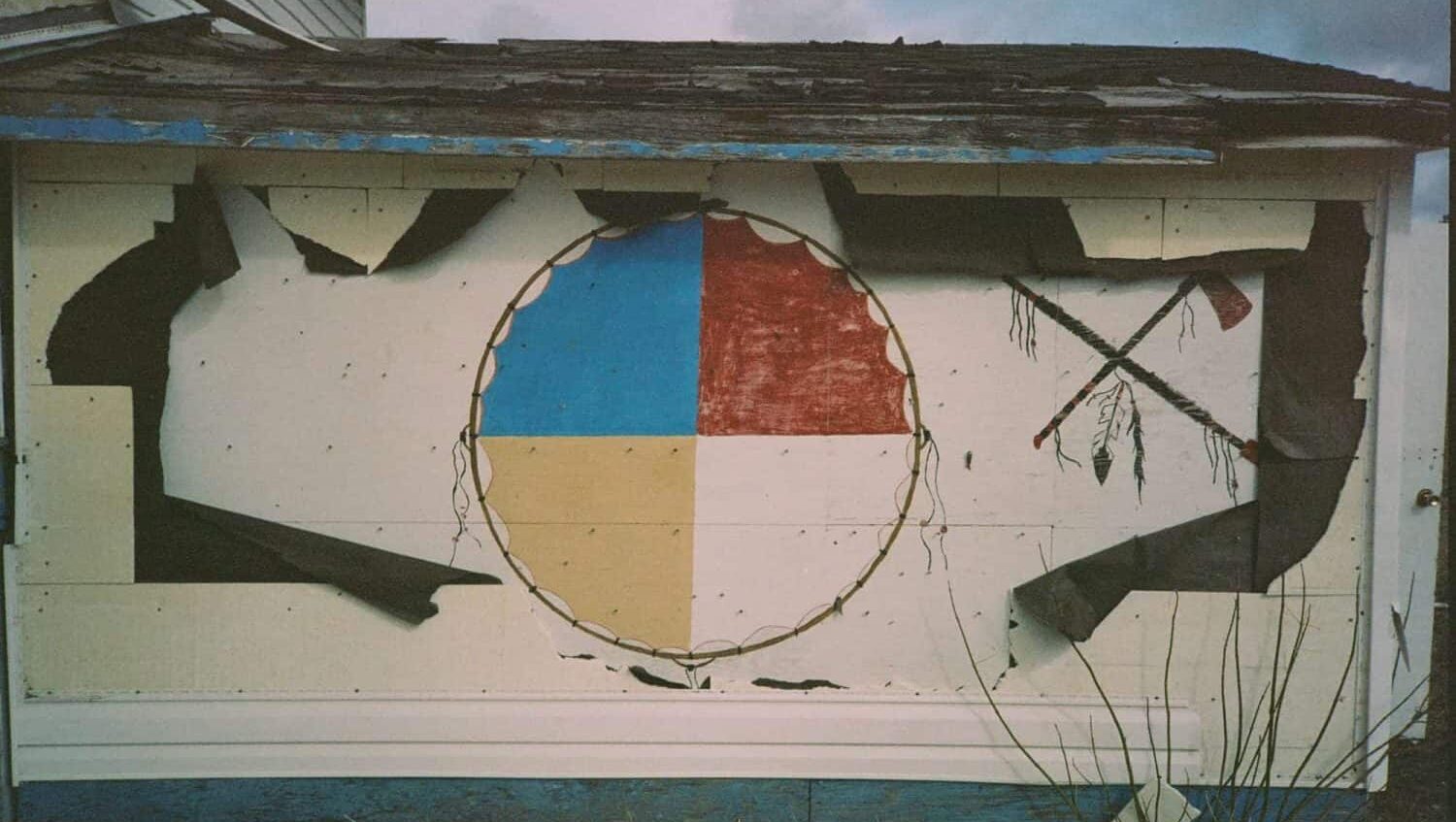- About
- Research
-
-
- Special Reports & Features
- Calls to Action Accountability: A 2023 Status Update on Reconciliation
- Data Colonialism in Canada’s Chemical Valley
- Bad Forecast: The Illusion of Indigenous Inclusion and Representation in Climate Adaptation Plans in Canada
- Indigenous Food Sovereignty in Ontario: A Study of Exclusion at the Ministry of Agriculture, Food & Rural Affairs
- Indigenous Land-Based Education in Theory & Practice
- Between Membership & Belonging: Life Under Section 10 of the Indian Act
- Redwashing Extraction: Indigenous Relations at Canada’s Big Five Banks
- Treaty Interpretation in the Age of Restoule
- A Culture of Exploitation: “Reconciliation” and the Institutions of Canadian Art
- Bill C-92: An Act respecting First Nations, Inuit, and Métis Children, Youth and Families
- COVID-19, the Numbered Treaties & the Politics of Life
- The Rise of the First Nations Land Management Regime: A Critical Analysis
- The UN Declaration on the Rights of Indigenous Peoples in Canada: Lessons from B.C.
- View all reports.
- Special Reports & Features
-
-
- Yellowhead School
- LIBRARY
- Contact
- Submissions
- Donate
THIS WEEK, DECEMBER 15, 2020, marks a full five years since the 2015 release of the Final Report of the Truth and Reconciliation Commission of Canada.
It was a momentous day that saw residential school Survivors, their families, and representatives of the institutions responsible for overseeing the horrors of Canada’s Indian residential school system gather in Ottawa to chart a new path for the future guided by the Commission’s 94 Calls to Action.
We have been tracking the status of the Calls to Action for some time now. Our 2019 Yellowhead Brief found that Canada’s reconciliation agenda reflected “hard work on the symbols, while avoiding the substance” of the Calls to Action.
In 2020, we frame our analysis with a mind to the tumult that has marked this year: the COVID-19 global pandemic and its impacts; national political and social action through Wet’suwet’en resistance to illegal pipelines in their territories; Indigenous solidarity actions with Black Lives Matter; 1492 Land Back Lane; white supremacist violence against Mi’kmaq fisheries; and the Algonquin moose moratoriums, to name just a few. It’s been a long year.
But it is a notable year for another reason: this is the first year since the release of the Final Report of the TRC that Canada completed no additional Calls to Action.
In fact, we conclude that, as of December 2020, Canada has only completed 8 of the 94 Calls to Action—a decrease from our findings last year (which found that only 9 had been completed).
Yes, we are attentive to the new challenge of the global pandemic. But we argue that this actually presents a greater urgency to address the Calls to Action rather than an excuse for their lack of progress. It is not lost on us that if the Calls to Action had been properly addressed from their inception, the distinctive crises that Indigenous peoples face arising from the pandemic could have been mitigated.
This year, our forthcoming analysis is enhanced by the expert insight of Indigenous scholars and practitioners from across the country with whom we spoke for this analysis: Dr. Cindy Blackstock, Dr. Tehanyatarí:ya’ks Martin, Dr. Renée Monchalin, Dr. Jennifer Brant, Lindsay Nixon, Dr. Kisha Supernant, and Dr. Janice Forsyth.
We also draw upon the work of previous Yellowhead Institute briefs, Indigenous scholarship, Government documents where available, and various news reports to inform our discussion.
Ultimately, we find that Canada is failing residential school Survivors and their families.
Canada is continuing to fail Indigenous peoples. Canada is failing to live up to the countless promises it has made, and thus failing in its supposed role as a “leader” of human rights. Five years later, these several, profound failures leave us wondering if–as Indigenous youth put it this year during the Wet’suwet’en resistance — reconciliation is dead.
Findings from this Year’s Review
Last year we concluded that there were three main barriers to the completion of the Calls to Action:
- a vision among policy makers of the “public interest” as generally excluding Indigenous peoples,
- the deep rooted paternalistic attitudes of politicians, bureaucrats, and other policy makers; and
- the ongoing legacy and reality of structural anti-Indigenous racism.
While all of these barriers remain and continue to hinder progress this year, we have also identified a number of notable patterns based on our research and our discussion with experts in a range of fields.
Predatory Non-Profits & Exploitative Settler Institutions
Reconciliation has become a line item in government budgets, which results in the appearance of movement on the Calls to Action, but our findings indicate otherwise. It is clear from our discussions with experts that settler not-for-profit organizations and Canadian institutions are advancing predatory and exploitative practices in their reconciliation agendas.
These practices include:
- Non-Indigenous organizations siphoning reconciliation monies to provide inadequate services to Indigenous communities, which typically revolve around “parachute” programs that do nothing to increase capacity– thereby maintaining control of reconciliation funding by non-Indigenous people; and
- tokenizing Indigenous peoples in mainstream organizations to produce an appearance of inclusion.
Insufficient resources
There are no shortage of promises made by Federal and Provincial governments. Yet, with ongoing and rampant funding inequities, there can never be meaningful reconciliation. As we found last year, Indigenous peoples wronged by the federal government are in conflict with “the public interest,” owing in part to the fact that these wrongs require billions to be paid out in compensation. These billions are perceived to be taken from Canadians’ programs and services (or the public interest).
Reconciliation in 2074?
In 2019, we noted that at the rate of 2.25 calls completed each year, we could only hope to see substantial change over nearly 4 decades (we projected the completion of Calls to Action to be in 2057). Unfortunately, with the regression of this year’s reconciliation update, it could take much longer, at least another generation.
Methodology: Tracking Inaction
This year, we followed the same methodological principles outlined in our December 2019 Yellowhead Report. This means, for instance, that unlike the CBC’s Beyond 94 Project we chose not to assign Calls to Action as ‘in progress’ or by some other measure of partial completeness.
As it turns out, ‘In Progress,’ tends to give a false sense of advancement without meaningful structural or policy changes in the areas of reconciliation.
The fact that even the Calls to Action that we, ourselves, identified as being likely to be completed in 2020 in our last report remain incomplete a year later only highlights the danger of designations like ‘In Progress’ or ‘Steps Taken.’
With expert insight, we track the Calls to Action which are defined by two distinct categories: Legacy and Reconciliation.
Legacy Calls to Action are those that seek to address the ongoing structural inequalities against Indigenous peoples in contemporary Canadian society in the areas of Child Welfare (#1-5), Education (#6-12), Language & Culture (#13-17), Health (#18-24), and Justice (#25-42).
Reconciliation Calls to Action (#43-94) deal with 17 subcategories of measures that are meant to a) advance inclusion of Indigenous peoples in various sectors of society, b) educate Canadian society at large about Indigenous peoples, residential schools, and reconciliation; and c) establish practices, policies, and actions that affirm Indigenous Rights.
At the heart of our analysis, we keep in mind the powerful question posed by Indigenous youth earlier this year – and mentioned at the outset of this executive summary: Is reconciliation dead? Or, perhaps, as Jesse Wente wondered, was it ever truly alive?
On Monday, December 21, Yellowhead will publish the full TRC Calls to Action Accountability Check for 2020 that will include analysis on the progress for both the Legacy and Reconciliation Calls to Action, interviews with Indigenous experts in these areas, and explain in more detail the barriers to implementation.
Part I: Legacy
Offering an overview of the changes from 2019 to 2020 as well as more detailed information on our methodology, Part I engages Indigenous experts on the more structural Calls to Action, from Child Welfare to Justice reform. These Calls to Action have seen, and continue to see, very little progress. We explore why this continues to be the case.
Part II: Reconciliation
Continuing the discussion with Indigenous experts on the ground, Part II reviews the reconciliation-based Calls to Action, which aim primarily to address ongoing anti-Indigenous racism in Canada. While there is slightly more progress here, one Call has actually slipped from complete last year to incomplete this year. We chart the deep challenges that remain in progress here, too.
Citation: Jewell, Eva and Ian Mosby. “Executive Summary | Calls To Action Accountability: A 2020 Status Update On Reconciliation?” Yellowhead Institute, 18 December 2020, https://yellowheadinstitute.org/2020/12/17/calls-to-action-…n-reconciliation/
Feature Image: Seth Arcand



